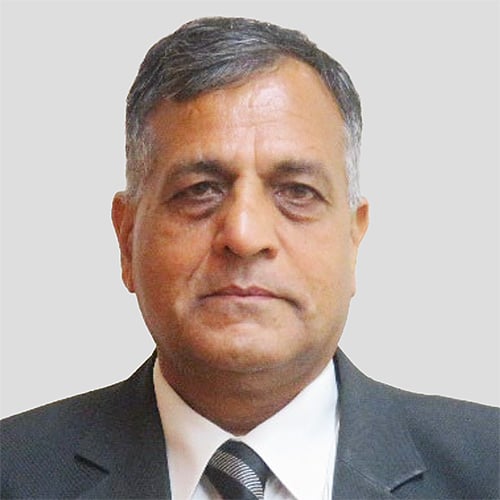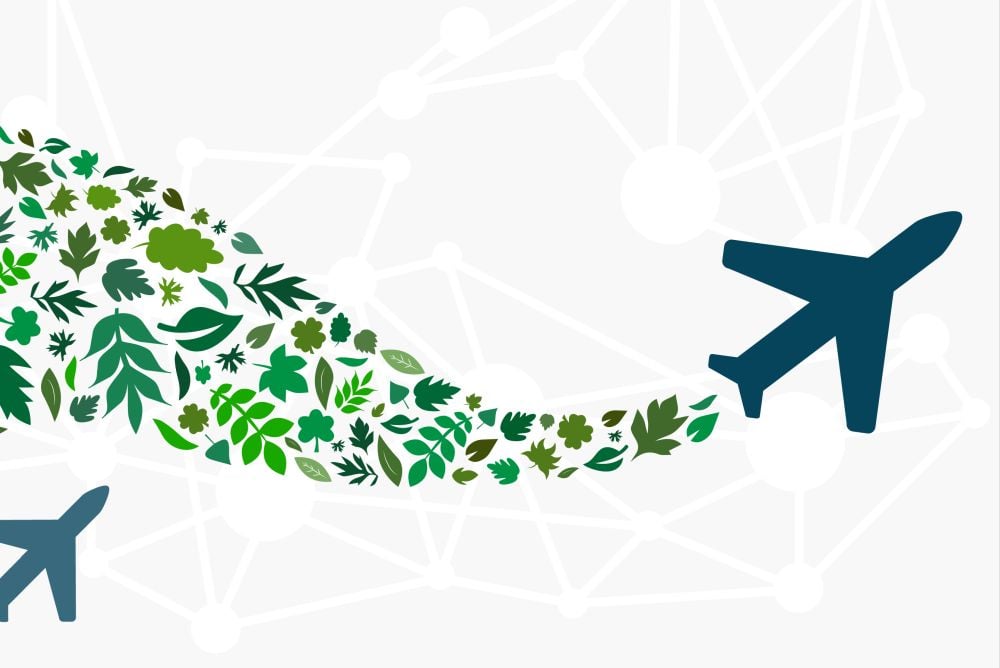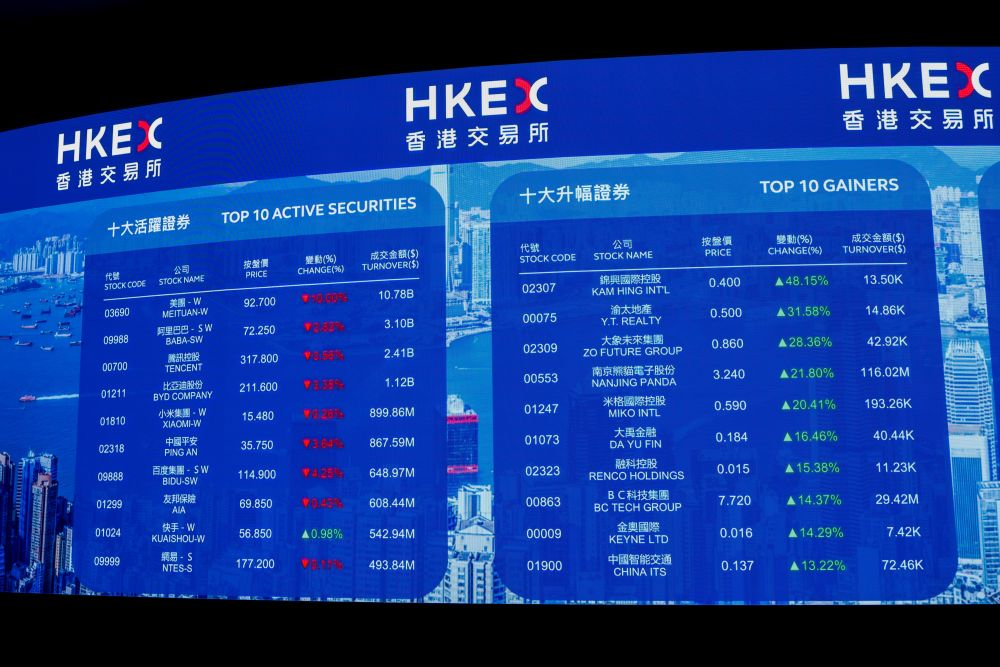The Global Sustainability Standards Board (GSSB) of the international non-profit organization Global Report Initiative (GRI) has launched GRI 13, the first holistic sustainability reporting standard for all companies in the upstream production of crops, animals and seafood, setting expectations for disclosure of their shared and distinct impacts.
While the essential role of the agriculture, aquaculture and fishing sectors in feeding the world is clear to see, clarity on their impacts is not, GRI says. Use of lands and seas face ever-competing demands, while biodiversity loss and the urgency of climate adaptation demonstrate why greater transparency is essential. In addition, with 2.5 billion people relying on these three sectors for their livelihoods, the organization points out, their impacts on economic development and human rights should not be underestimated.
GRI 13 addresses:
- Topics likely to be material for any agriculture, aquaculture or fishing organization, based on the impacts of these sectors
- New disclosures on food security, land and resource rights, living wages and incomes, natural ecosystem conversion, animal welfare, soil health, and pesticide use
- Multiplying effect of the three sectors when it comes to the 17 UN Sustainable Development Goals, supporting companies to make the connections between their impacts and the goals
- Policy implications for responsible business, based on international frameworks, as set by the UN Food and Agriculture Organization, International Labour Organization, International Maritime Organization and others.
The standard was developed by a 19-member multi-stakeholder working group, with agriculture, aquaculture and fishing organizations represented alongside investors, civil society, mediating institutions and labour bodies.
“There is a paradox in that the ways we produce the food and materials that a growing population requires also result in numerous economic, environmental and social impacts – which, in turn, put at risk the future viability of world food systems,” says Judy Kuszewski, chair of the GSSB and a member of the GRI 13 working group.
“Addressing this challenge requires concerted, global and multi-stakeholder action. It’s clear that ‘business as usual’ by companies will not result in the sustainability transformation we need to see. Shining the spotlight on the most significant impacts of organizations involved in crop cultivation, animal production, fishing or aquaculture, GRI 13 brings the clarity and consistency needed to inform responsible decision-making.”









